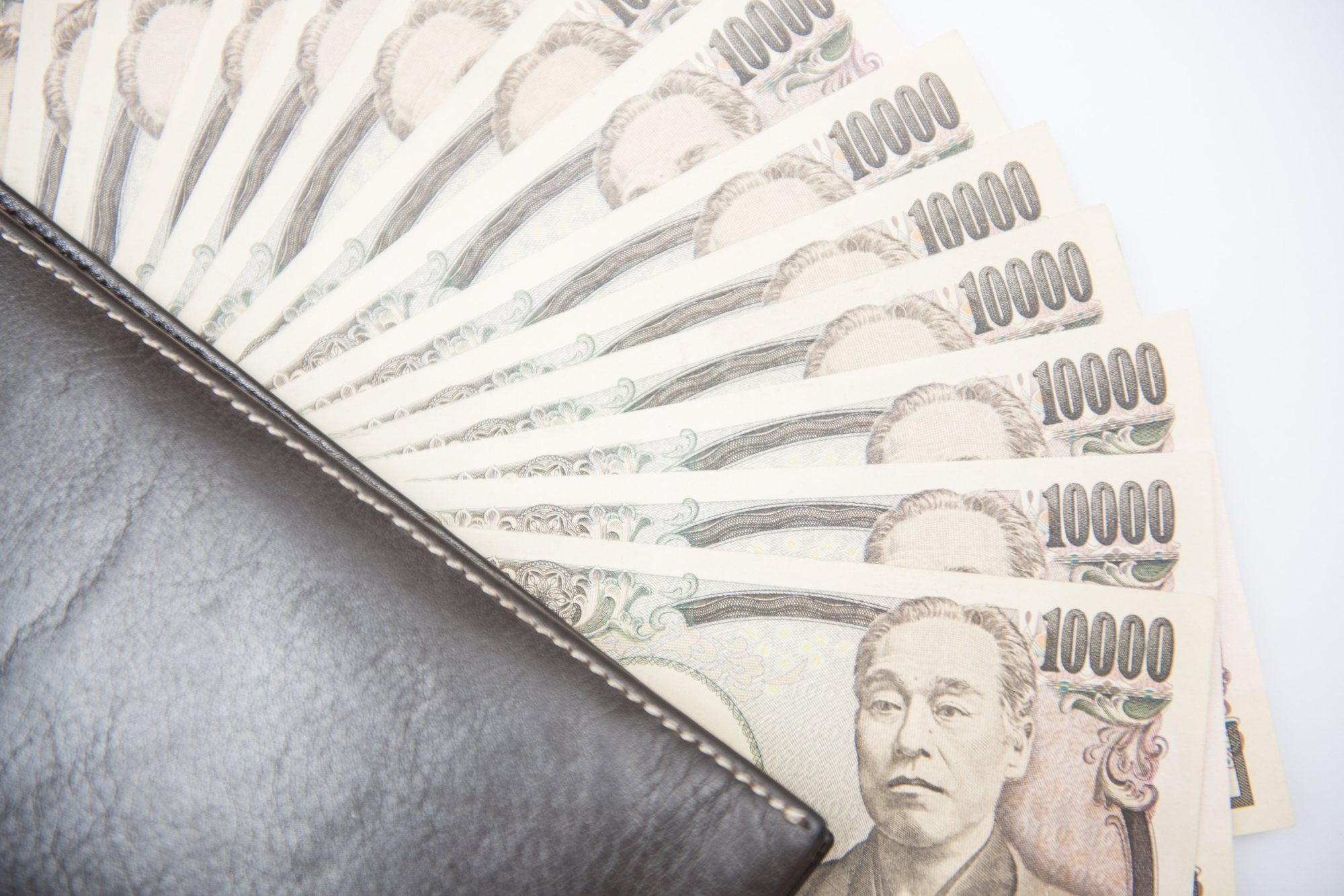The once-obscure school of macroeconomic thought known as Modern Monetary Theory (MMT) has been attracting a lot of attention lately. Some U.S. progressives, such as Congresswoman Alexandria Ocasio-Cortez (AOC) and economists like James K. Galbraith, now advocate including MMT in the policy conversation, while others, including Kenneth Rogoff, dismiss it as problematic and even dangerous.
Building on Abba Lerner's theory of functional finance, MMT essentially argues that countries that issue their own currencies can never run out of money in the way private businesses can. For U.S. progressives like AOC and presidential candidate Sen. Bernie Sanders, this implies that the Federal Reserve could print large amounts of money to fund initiatives with major long-term benefits, such as a "job guarantee" program or public infrastructure projects. Because the United States can borrow in its own currency, the logic goes, the surge in public sector debt would not pose any real danger to the economy.
Some MMT advocates — including Stephanie Kelton, a former economic adviser to Sanders — point to Japan as proof that the approach works. Despite high public debt, its economy is steadily recovering and standards of living are high.



















With your current subscription plan you can comment on stories. However, before writing your first comment, please create a display name in the Profile section of your subscriber account page.